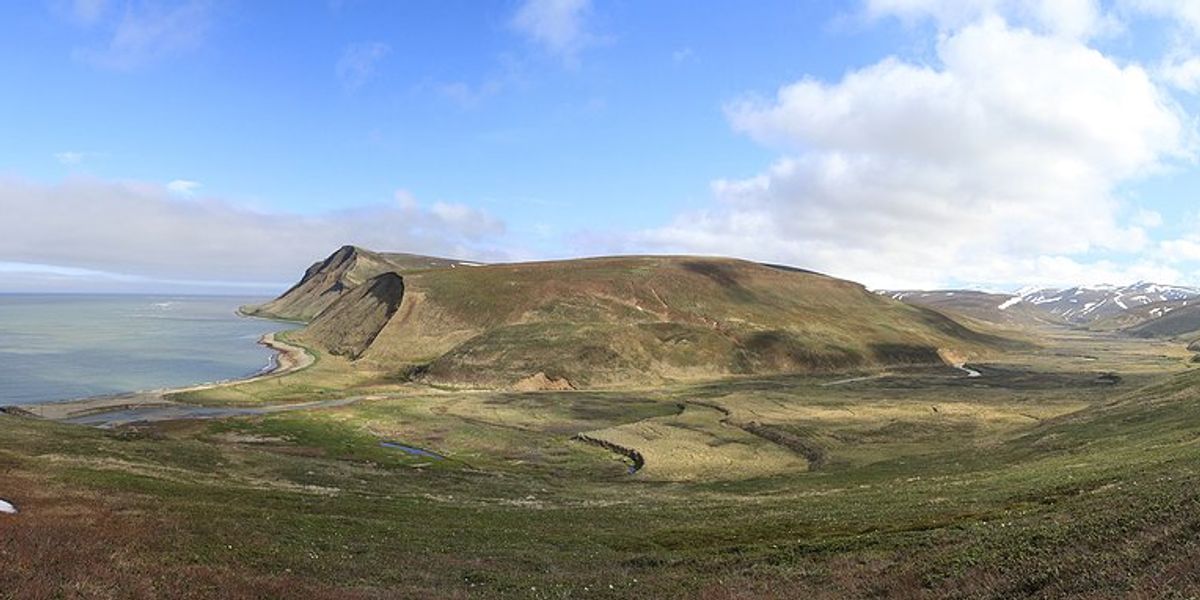nova scotia
New research seeks to address climate change’s impact on Nova Scotia’s air quality
A new study in Nova Scotia is focusing on how climate change-driven wildfires and pollution are affecting lung health and how communities can better prepare.
In short:
- Nova Scotians are experiencing more respiratory issues due to climate change, with wildfires and heat worsening air quality.
- Dalhousie University’s Sanja Stanojevic leads research using low-cost air monitors to gather localized data on air pollution.
- The project aims to help residents and health officials respond proactively to poor air conditions.
Key quote:
"Even without the wildfires, there are climate-related changes to our air quality that are impacting people's lung health."
— Sanja Stanojevic, respiratory epidemiologist at Dalhousie University
Why this matters:
Poor air quality from wildfires and rising temperatures is worsening respiratory conditions like COPD and asthma. Understanding and addressing these local impacts could help communities manage health risks and reduce hospitalizations.
Learn more:
Local groups say new funding will help promote living shorelines in N.S.
Living shorelines are seen as a nature-based way to reduce coastal erosion and flooding caused by climate change. They use natural materials — rocks, plants and sand — to stabilize land along the coast.
Wildfires in Nova Scotia are 'out of control' and forcing 16,000 people from their homes
Raging wildfires that have burned through thousands of acres have forced more than 16,000 Canadians to evacuate their homes and triggered a burn ban in Nova Scotia, as the region experiences record-breaking heat.
How climate change is fuelling fires in Eastern Canada
Less than a year after hurricane Fiona caused widespread damage in Atlantic Canada and became the most costly extreme weather event ever recorded in the province, Nova Scotia is seeing an early and destructive wildfire season.
Rising sea levels will isolate people long before they’re underwater
Provincial report outlines climate risks to Nova Scotia through end of 21st century
A new report says Nova Scotia will face more frequent and intense storms, rising sea levels, more rainfall and higher temperatures over the next 80 years if further action isn’t taken on climate change.



















